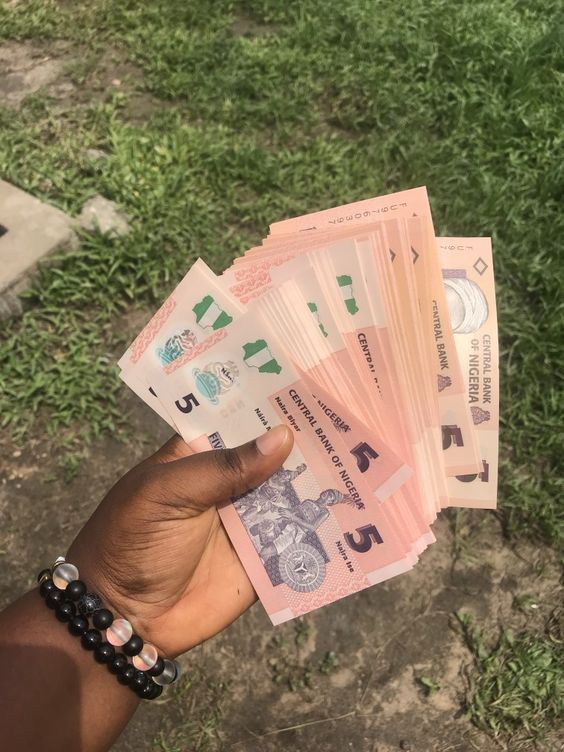5 Naira Glory Days

Ah, let’s take a stroll down the memory lane of Nigeria’s economic rollercoaster with our good ol’ pal, the 5 Naira (N5) note. Back in the day, that little brown hue piece of paper could work some magic â the kind of magic that made you feel like a budget wizard. You could practically own a piece of the world with it. Well, at least a small, crunchy piece.
I’m talking about the days when (N5) was the VIP pass to the kingdom of street snacks. With just one note, you could strut up to the local kiosk and proudly claim your territory among the land of goodies. Remember those days when (N5) could snag you a pack of Chin-chin that could last through an entire Nollywood movie marathon? Good times, my friend, good times.
But oh, how the times have changed. In today’s Nigeria, (N5) note is more like a remembrance of a bygone era â a nostalgic reminder of the days when your pocket change could buy you something. Now, it’s like a tiny paper keepsake you find at the bottom of your bag, right next to a fossilized chewing gum.
Once upon a time, (N5) could dance its way into the hearts of the local roadside vendors and come back with a triumphant victory of deliciousness. It was the David to the Goliath of hunger pangs. You could get a hearty chunk of moi moi, a mini mountain of bole (roasted plantains for the uninitiated), or even a generous helping of Akara â those golden balls of fried bean goodness.
But alas, the winds of change have blown, and the purchasing power of our dear naira note has been deflated like a balloon at a kid’s birthday party. Today, if you flash that note to a street vendor, you might get a sympathetic smile, or perhaps they’ll toss in a single groundnut as a token of their appreciation for the nostalgia trip.
Let’s not forget the legendary “pure water” days. That crisp, clean sachet of water was practically a lifeline in the scorching Nigerian heat. In the past, (N5) could easily quench your thirst for a good portion of the day. You’d walk away feeling like you’d just conquered the Sahara with your trusty note in hand.
I remember the thrill of feeling rich with the (N5) note my aunt gave me on Christmas day and I’m sure a long list of other kids who experienced the god arc of this note can testify as well.
Now, let’s talk about the superhero of the era â the Baba Dudu. That colourful, chewy piece of heaven was like a secret weapon against boredom and hunger. You could stock up on those bad boys for days with just a handful of (N5) notes. It was the snack that kept on giving.
Cut to today, and the baba dudu is more of a luxury item. You might spot it behind the glass display at the corner store, teasing you with its sugary goodness. But when you reach for it with your trusty (N5) note, reality hits harder than a movie plot twist â inflation has taken its toll on our beloved baba dudu dreams.
Fast forward to the present, and that same (N5) note is now like the rejected stone with no hopes of ever becoming the chief cornerstone.
Now, let’s address the elephant in the room â the cost of printing these phased-out notes.
Some folks argue that the money spent on producing and maintaining these lower denomination notes could be put to better use. I mean, imagine if that budget went into fixing the potholes that could double as swimming pools during the rainy season. We would have smoother roads and fewer accidents.
Instead of funding the printing presses, why not redirect that cash flow into projects that benefit the masses? We could have Nollywood movie nights in communities, complete with free popcorn for everyone. Or invest in mosquito nets that are so fancy they make you feel like you’re camping in style.
In conclusion, our dear note has seen better days. It used to be the MVP of snacks, the hero of hydration, and the champion of cheap thrills. Now, it’s more of an artefact, a reminder of the times when you could turn loose change into a feast.Â
Perhaps it’s time for a makeover, a resurrection of the (N5) glory days, or maybe it’s time to let it gracefully retire from the snack arena. Only time will tell if our little brown hero will rise again or if it will remain a charming piece of nostalgia in the wallets of Nigerians everywhere.




